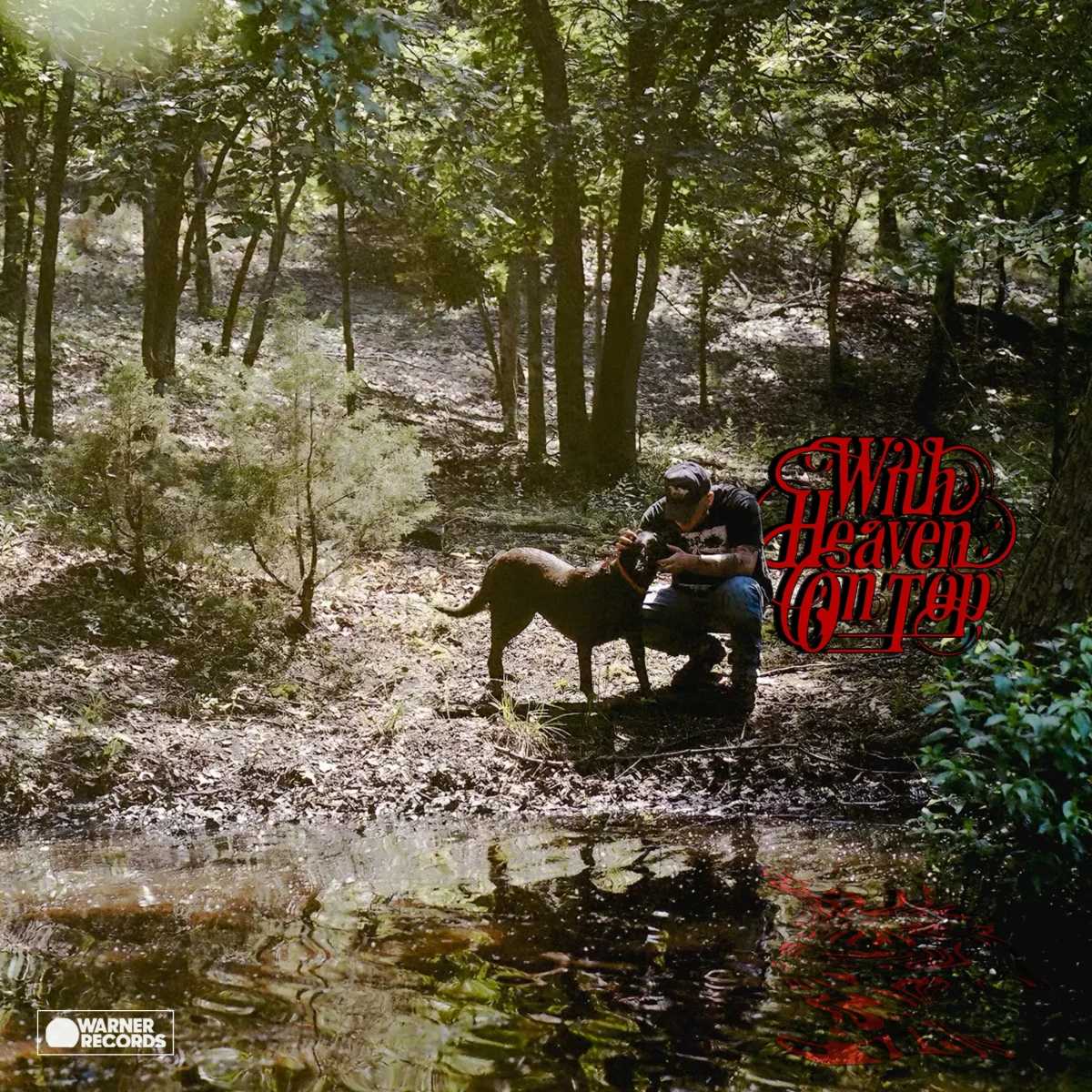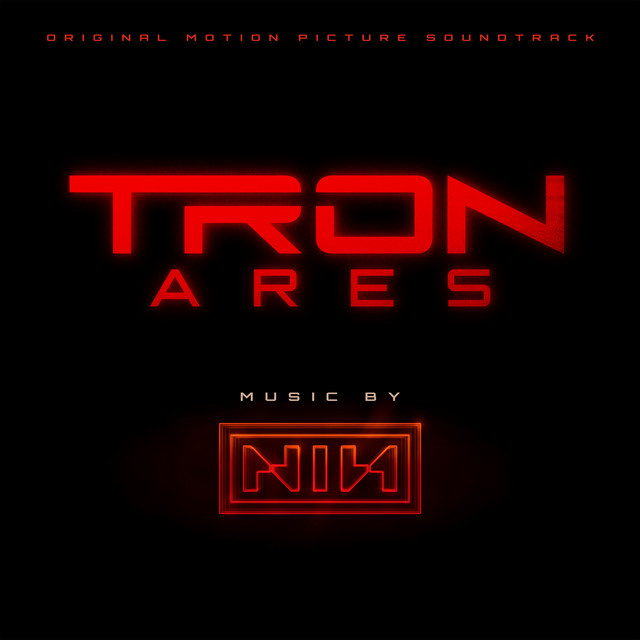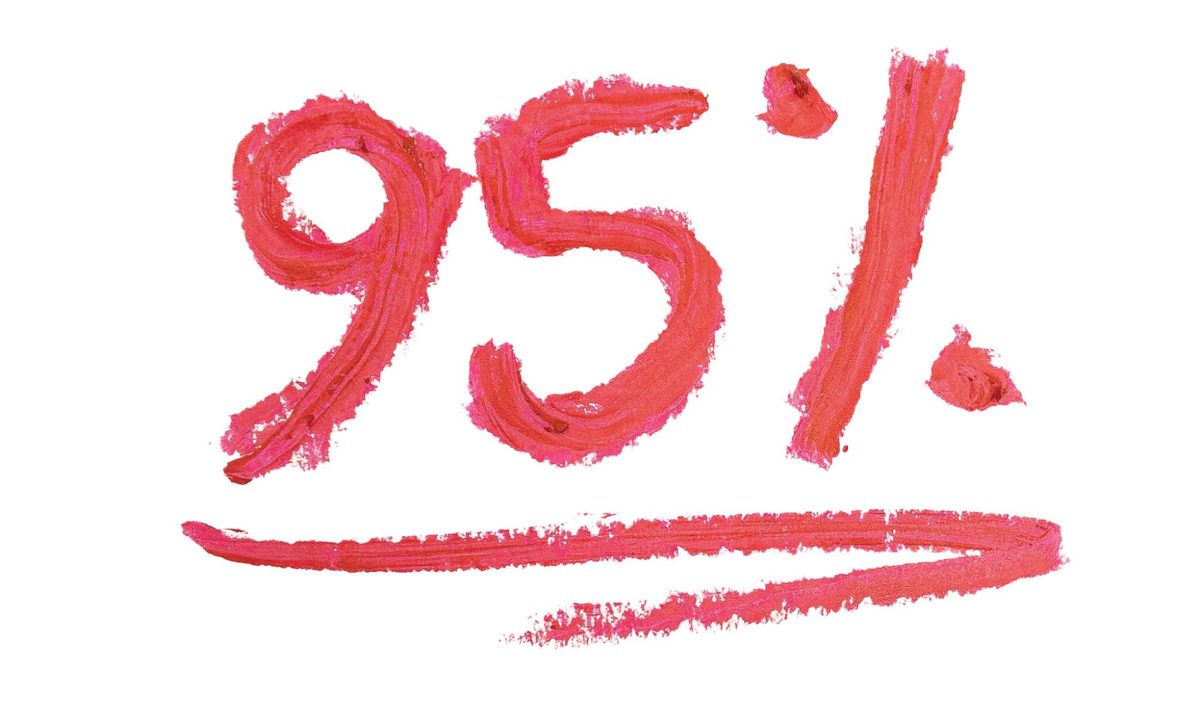Earl Sweatshirt’s release of his second solo project, “I Don’t Like S–t, I Don’t Go Outside” allows listener’s to delve into the inner frustrations of a 20-year- old.
The Odd Future member’s self-produced tracks (except for Left Brain’s “Off Top”) pays homage to his time spent in reform school just as his fame was starting to take off.
In an insightful interview Earl Sweatshirt did of Mike Tyson for Citizen’s of Humanity’s magazine, Earl explains why his mother decided to send him away: “I broke the law, but it wasn’t so much that, she was worried about my identity, you know what I mean, and just how I was establishing it. Like the man I was becoming. So I had to spend that year and a half just like searching for myself.”
In his previous album, “Doris”, tracks such as “Burgundy” reveal Earl’s reclusive personality through Vince Staples’ taunts. “I Don’t Like S–t, I Don’t Go Outside” showcases Earl coming into his own through his ferocious delivery of every word.
“Huey” starts off the album with so much intensity in less than two minutes. Every bar trickles into the next one: “It’s Early running with n—-s, who cold running shit/The wins like lotion, he get it he go rub ’em in/Critics pretend to get it and b—–s just don’t f–k with him.” A sultry feminine voice in the outro marks “a formal introduction”.
Transitioning smoothly into “Mantra”, Earl speaks every line with pride and vigor. He passionately disses those who tried to use him: “Name getting bigger than the difference between us/N—-s is fake, I limit the features I give ‘em.”
In his interview with Mike Tyson, Earl touches on his expressive aggression and the fans that relish it: “it was almost punk rock in the way that it took off…because in the same way that punk expressed, like, the angst of being a teenager so well, a lot of our music and early energy had a lot of those elements. You know, that teens, really attach to — just illogical passionate unaimed anger.”
Collaborating with New York native Wiki on “AM//Radio” Earl’s melds a jazzy hypnotic symphony with Wiki’s witty rhymes. As Earl starts to rap his voice sounds like gently peeling back Velcro. The instrument breakdown as the song ends transports the listener to the era of vinyl.
In “DNA”, Earl’s rhythmic pace begins to pick up and it’s a tough chase trying to catch each word he spits. The raspy voiced Na’Kel enters through the song’s crescendo, fading out into a moment of silence and retracts back to the sound waves like a rubber band. The gentle keys in the outro breaks the tension brought on by the two rappers otherwise known as the Hog Slaughter Boyz.
Vince Staples lends his talents in the last track on the album, “Wool”, a dark heavy hitter that tightly grips listeners from start to finish. Taco of Odd Future tweeted his excitement over this track’s release and his good taste mirrors his name. Staples and Sweatshirt are a winning combination, breaking social norms all in the name of rap.
Earl Sweatshirt has a long career to look forward to at the ripe age of 20 but his maturity resonates through his talents and outlook on life. Despite being sent away to reform school, Earl is grateful for his time spent there: “Rap music is all ego. I feel like I was lucky enough to get my ego crushed when I got sent away.”
“I Don’t Like S–t, I Don’t Go Outside” is a culmination of Earl Sweatshirt’s talents from his bass knocking productions to his ruthless rhymes and it definitely won’t be the last we see of him. Creating a niche for himself and his crew, Earl Sweatshirt is redefining what it means to be a rapper through his punk rock spirit.










